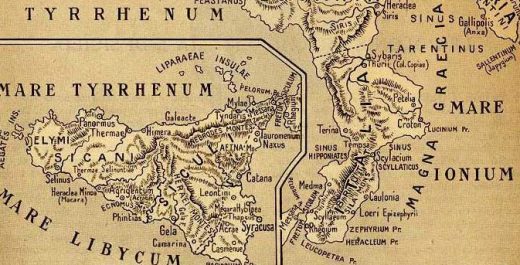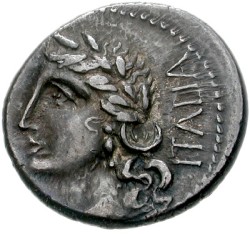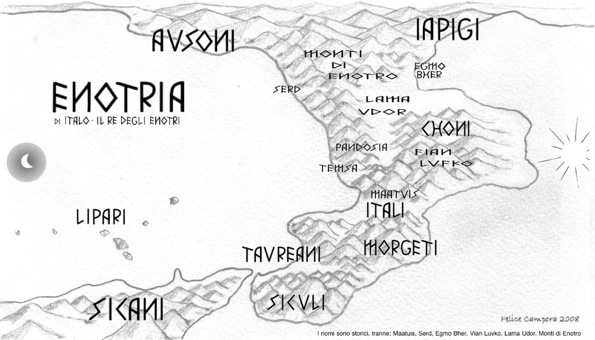27 Jun

Il nome “Italia” è stato dato alla nostra Nazione solo nel 1961 con l’unità politica della penisola.
Tuttavia, questo termine è usato già dal sesto secolo a.C.
Ma da dove deriva? In realtà la sua origine è incerta. Gli studi hanno portato a spiegazioni linguistiche, storiche o mitologiche.
Proviamo a fare un viaggio nel tempo…
The name “Italy” was given to our country only in 1961 with the political unification of the peninsula.
However, this term has already been used since the sixth century b.C.
But where does it come from? Actually, its origin is uncertain. Studies has brought to linguistic, historical and mythological explanations.
Let’s try and take a journey through time…
Molto probabilmente il nome deriva da “Italòi”, termine che i Greci usavano per indicare il popolo dei Vituli (o Viteli), che abitava nella regione oggi chiamata Calabria. Questo nome significa “abitanti della terra dei vitelli” perché per questo popolo il vitello (vitulus, in latino) era un animale sacro.
Nel corso dei secoli il nome si sarebbe trasformato in “Italia” perdendo la “V” all’inizio della parola: inizialmente indicava solo la Calabria, poi fu usato per tutta la parte meridionale dell’attuale Paese.
It is very likely that the name comes from “Italòi”, term which the Greeks used to refer to the “Vituli” people (or Viteli), who used to live in the region nowadays called Calabria. This name means “inhabitants of the land of the calves” because the calf (vitulus, in latin) was a sacred animal for these people.
Throughout the centuries the name would have turned into “Italia” losing the “V” at the beginning of the word. Initially, it only referred to Calabria, then it was used for the whole southern area of the current country.
Ci sono altre ipotesi e vogliamo farvene conoscere alcune.
Per esempio una di origine africana fa risalire il nome a quello dei Taliani, popolo proveniente da una città africana chiamata Tala.
Oppure si dice che derivi da “Atalu”, col significato di “terra del tramonto”.
Altri ancora dicono che il termine sia di origine greca: “Aithalìa”, che nella sua parte iniziale “Aith-” ha un riferimento alla presenza di vulcani nella penisola. Questo significato dovrebbe essere rafforzato dal nome del vulcano “Etna”, in greco antico “Aitna”.
Queste teorie però sembrano deboli.
There are other theories and we would like you to know some of them.
For an example, there is the African origin that traces the name back to the “Taliani”, people coming from an African town called Tala.
Or it is said that it came from“Atalu”, meaning “land of the sunset”.
Other researchers say that the term is of Greek origin: “Aithalìa”, that in its initial part “Aith-” has a reference to the volcano presence in the peninsula. This meaning should be reinforced by the name of the “Etna” volcano, in ancient Greek “Aitna”.
Nevertheless, all these theories seem to be wick.
Un’ipotesi che a lungo è stata considerata valida è quella che collega il nome “Italia” ad Italo, re dell’Enotria, la “terra del vino”, che corrispondeva anche stavolta alla regione della Calabria. Di questo re leggendario parlano Tucidide, Aristotele, Antioco di Siracusa e anche il poeta Virgilio.
Non sappiamo se questo personaggio sia realmente esistito ma è interessante notare come spesso nella storia antica il mito si mescola con la realtà!
A long-lasting theory connected the name “Italia” with Italo, king of Enotria, the “land of wine”, that corresponded to the Calabria region once again. Thucydides, Aristotle, Antiochus of Syracuse and also the poet Virgil talked about this legendary king in their works.
We don’t know if this man really existed but it is interesting to notice how in ancient history myth and reality are often mixed together!


